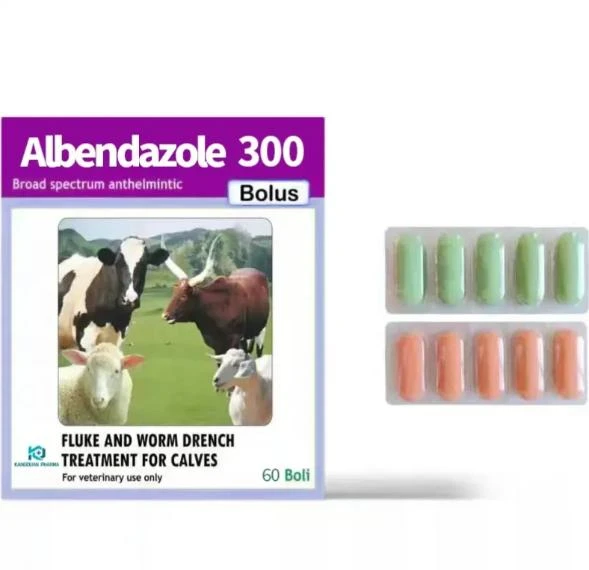- Afrikaans
- Albanian
- Amharic
- Arabic
- Armenian
- Azerbaijani
- Basque
- Belarusian
- Bengali
- Bosnian
- Bulgarian
- Catalan
- Cebuano
- Corsican
- Croatian
- Czech
- Danish
- Dutch
- English
- Esperanto
- Estonian
- Finnish
- French
- Frisian
- Galician
- Georgian
- German
- Greek
- Gujarati
- Haitian Creole
- hausa
- hawaiian
- Hebrew
- Hindi
- Miao
- Hungarian
- Icelandic
- igbo
- Indonesian
- irish
- Italian
- Japanese
- Javanese
- Kannada
- kazakh
- Khmer
- Rwandese
- Korean
- Kurdish
- Kyrgyz
- Lao
- Latin
- Latvian
- Lithuanian
- Luxembourgish
- Macedonian
- Malgashi
- Malay
- Malayalam
- Maltese
- Maori
- Marathi
- Mongolian
- Myanmar
- Nepali
- Norwegian
- Norwegian
- Occitan
- Pashto
- Persian
- Polish
- Portuguese
- Punjabi
- Romanian
- Russian
- Samoan
- Scottish Gaelic
- Serbian
- Sesotho
- Shona
- Sindhi
- Sinhala
- Slovak
- Slovenian
- Somali
- Spanish
- Sundanese
- Swahili
- Swedish
- Tagalog
- Tajik
- Tamil
- Tatar
- Telugu
- Thai
- Turkish
- Turkmen
- Ukrainian
- Urdu
- Uighur
- Uzbek
- Vietnamese
- Welsh
- Bantu
- Yiddish
- Yoruba
- Zulu
10 月 . 10, 2024 21:55 Back to list
levamisole hydrochloride oxyclozanide
The Role of Levamisole Hydrochloride and Oxyclozanide in Veterinary Medicine
Levamisole hydrochloride and oxyclozanide are two pharmaceutical agents that have gained significant attention in the field of veterinary medicine, especially for their effectiveness in treating parasitic infections in livestock. Understanding their mechanisms of action, applications, and benefits is crucial for veterinarians and animal owners alike.
Overview of Levamisole Hydrochloride
Levamisole hydrochloride is a synthetic compound originally developed as an anthelmintic, primarily used to combat roundworms in livestock. It belongs to a class of drugs known as imidazothiazoles and works by stimulating the nematodes' nervous system, leading to paralysis and eventual expulsion from the host. In addition to its antiparasitic properties, levamisole also enhances the immune response in animals, making it a valuable tool in the treatment of certain infections and as a supportive therapy to improve overall health.
One of the key advantages of levamisole is its broad-spectrum activity. It is effective against various gastrointestinal nematodes, which are a significant source of economic loss in the livestock industry due to decreased productivity and increased veterinary costs. The drug is typically administered orally or by injection, providing flexibility in treatment protocols.
Overview of Oxyclozanide
Oxyclozanide is another anthelmintic, primarily targeting liver flukes, which are flatworms that can have detrimental effects on the health of animals, especially those in specific geographical regions. This compound works by disrupting the energy metabolism of the flukes, leading to their death. Oxyclozanide is particularly important for controlling infections caused by Fasciola hepatica and Fasciola gigantica, which are prevalent in cattle and sheep.
levamisole hydrochloride oxyclozanide

The use of oxyclozanide in combination with levamisole hydrochloride has been shown to enhance the efficacy of treatment regimens. This combination approach not only addresses a broader range of parasitic organisms but also minimizes the chances of resistance developing in the targeted parasites.
Benefits and Impact on Livestock Health
The integration of levamisole hydrochloride and oxyclozanide into veterinary practice has had a profound impact on livestock health and productivity. By effectively controlling parasitic infections, these medications help prevent conditions such as malnutrition, stunted growth, and decreased reproductive performance in infected animals. Healthy livestock are not only more productive but also contribute to a more sustainable agricultural system, as they require fewer veterinary interventions over time.
Moreover, the use of these medications aligns with the growing emphasis on animal welfare. By providing effective treatments for parasitic infections, farmers can ensure that their animals are maintained in optimum health, leading to greater overall well-being.
Conclusion
Levamisole hydrochloride and oxyclozanide represent critical tools in the arsenal of veterinary medicine. Their combined ability to tackle a variety of parasitic infections while also promoting immune health underscores their importance in livestock management. As the demand for sustainable and humane animal husbandry practices continues to rise, these medications play a vital role in ensuring the health and productivity of livestock, ultimately benefiting both farmers and consumers. Continued research and development will be essential in optimizing their use and addressing emerging challenges in parasitic diseases.
-
The Power of Radix Isatidis Extract for Your Health and Wellness
NewsOct.29,2024
-
Neomycin Sulfate Soluble Powder: A Versatile Solution for Pet Health
NewsOct.29,2024
-
Lincomycin Hydrochloride Soluble Powder – The Essential Solution
NewsOct.29,2024
-
Garamycin Gentamicin Sulfate for Effective Infection Control
NewsOct.29,2024
-
Doxycycline Hyclate Soluble Powder: Your Antibiotic Needs
NewsOct.29,2024
-
Tilmicosin Premix: The Ultimate Solution for Poultry Health
NewsOct.29,2024













